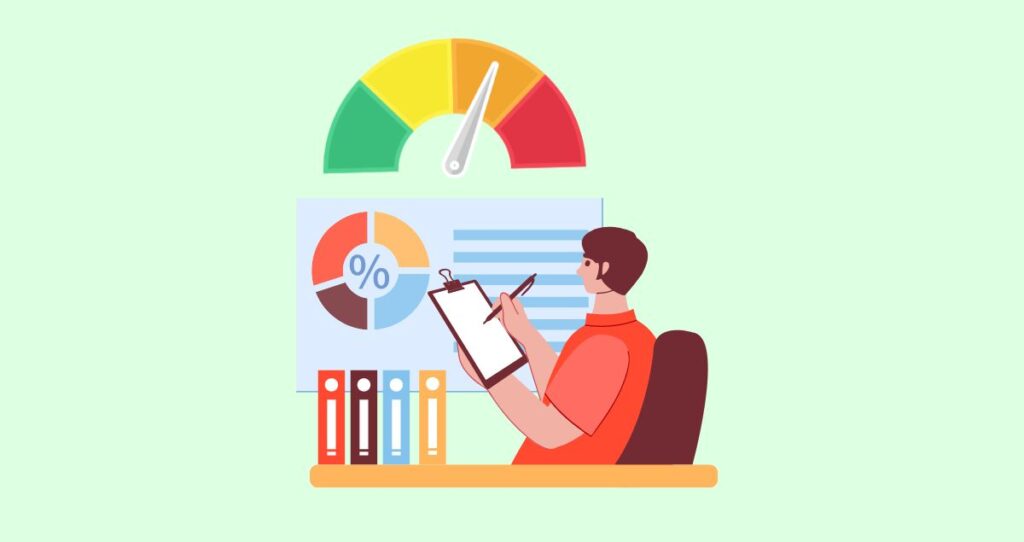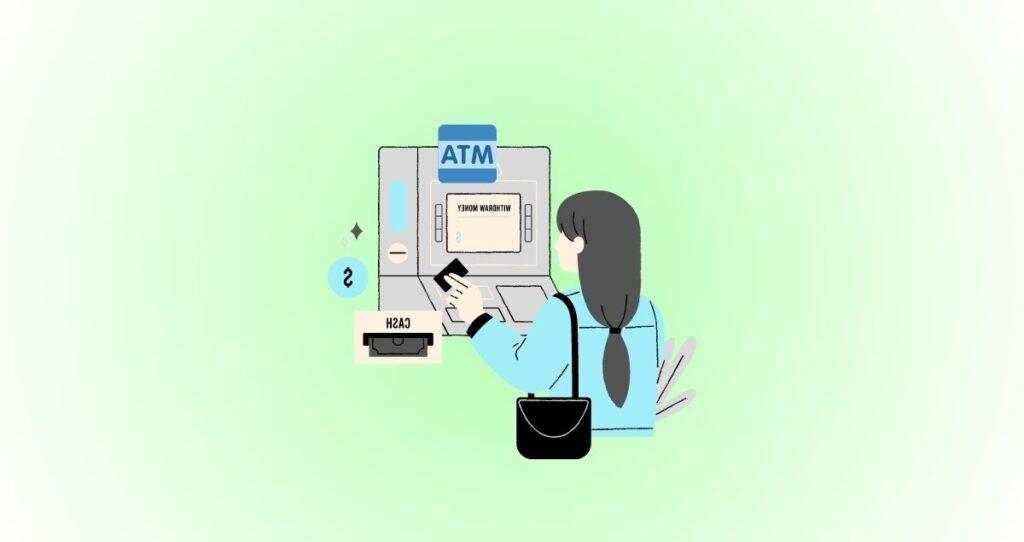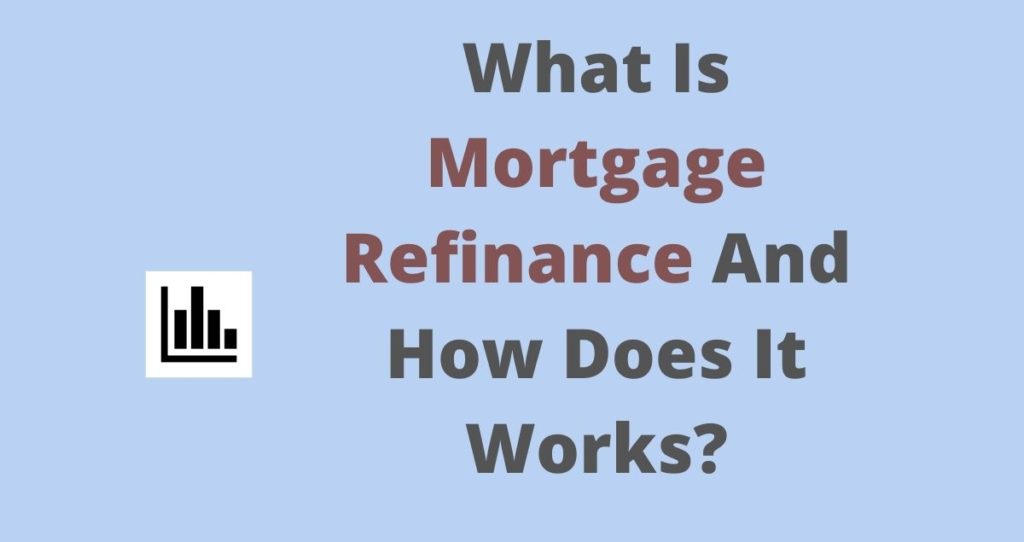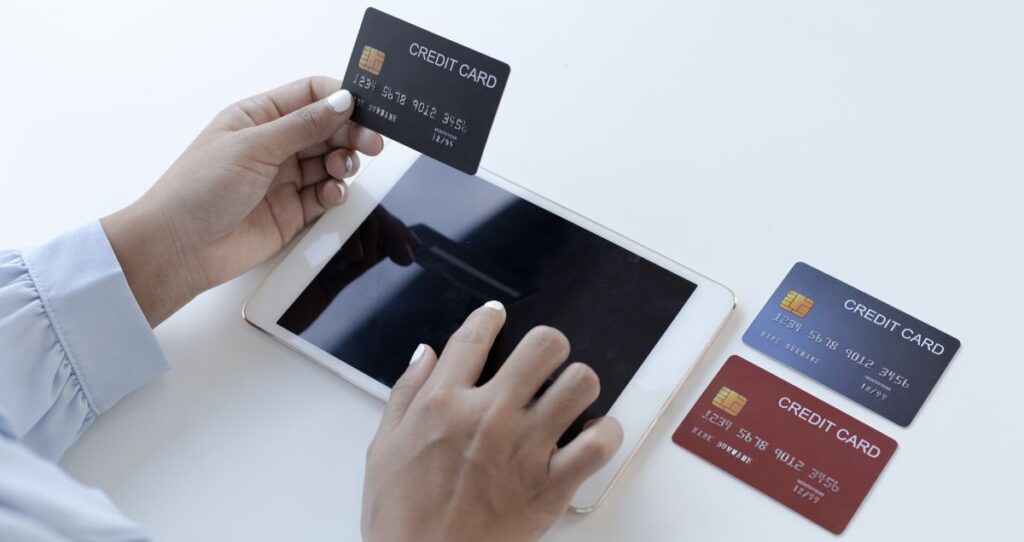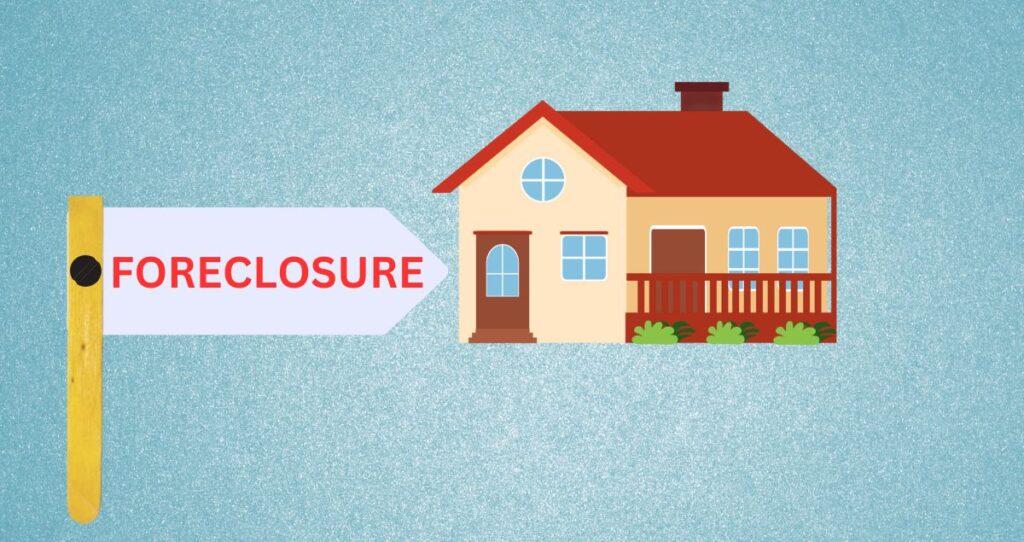Does your credit score go down when you pay off a loan? Yes, your credit score might go down when you pay off a loan. But the effect on your credit score will be temporary. If paying off your loan affects certain factors on your credit score, then your credit score will go down once that loan is paid off. These factors could be your credit utilization ratio, credit mix, or the length of your credit.
Your credit score does not down every time you pay off your loan. It will all depends on the type of loan you paid off and the impact of that credit account on your credit score. If you just paid off your credit card debt, your credit score might go higher instead of dropping. This is because credit cards are a form of revolving credit meaning that they get renewed and stay active even after paying off the entire balance. By paying off your credit card debt, you automatically boost your credit score due to improved credit utilization.
But, if you just paid off your mortgage or car loan, your credit score could drop in the short term. This is because these loans are installment loans and once paid off, the account gets closed and becomes inactive. Paying off an installment loan can lead to weakening your credit mix. Hence, lowering your credit score. But, if you have other forms of installment credit accounts, your credit mix might not be affected that much because your credit will stay intact. As a result, paying off one of your installment debts might have less impact on your credit score.
Does my credit score go up when I pay off a loan?
Is it possible that your credit score can go up when you pay off your loan?
Paying off your loan is always a good thing whether it leaves a direct impact on your credit score or not. Every time you pay off a loan, you automatically improve your creditworthiness and improve your credit.
But, the level of impact will depend on the type of loan you paid off. For example, installment loans such as mortgages and car loans do not get renewed when you pay them off. This means that once they are paid off, the account is no longer active. Since your credit mix directly affects your credit score, paying off your loan can temporarily lower your credit score. In order words, if paying off your loan weakened your credit mix, your credit score might go down.
Then again, it is important to understand that your credit score is directly affected by the amount of debt you carry. So, having too much debt weakens your debt-to-income (DTI) ratio which makes you a risky borrower. Carrying too much debt lowers your credit score. For this reason, paying off your loan will have a long-term positive impact on your credit despite a short-term decrease.
If you just paid off your revolving credit such as credit card debt, your score might directly go up. This is because when your credit card debt is paid off, the account stays open and active. This keeps your credit mix intact even if the balance on your credit card is zero. Having zero balance on your credit card directly improves your credit utilization which is one of the biggest factors on your credit score. That is your credit utilization affects 30% of your FICO score and 30% of your Vantage score. For this reason, bringing your credit card balance to $0 or close to zero will boost your credit score.
Why is my credit score going down when I pay for everything on time?
Does your credit score keep dropping even if you pay your bills on time? Paying every bill on time does not prevent your score from going down. Some of the reasons your credit score is going down even if you pay your bills on time could be due to the balance you carry and recent account activities. For example, if you have a higher credit utilization on your credit cards, your credit score could still drop even if you pay your minimum payments on time at all times.
This is because your credit utilization is one of the highest factors on your credit score. So, as long as your credit utilization ratio is increasing, your credit score will go lower regardless of whether you make on-time payments on not.
It could also be due to the fact that you recently applied for a new credit account such as a loan, a mortgage, a personal loan, etc. To get approved for these loans, the lender will check your credit reports which will result in a hard inquiry on your credit report. Each hard inquiry will lower your credit score by about 5 to 6 points. In some cases, the impact of a hard inquiry on your credit score could be minimal or your score can drop as many as 10 points.
If you make payments on time but your score keeps dropping, it is possible that you just paid off one of your loans. Paying off your loan can lower your credit score. This happens when the loan you just paid off affected your credit mix. A good credit mix should include installment accounts such as car loans and mortgages and revolving credit such as credit cards. If paying off your loan affected your credit mix, it could justify why your credit score went down.
Is it a good idea to pay off a loan early?
Paying off your loan early will help you save money due to fewer interest payments. In addition, paying off your loan could boost your credit score as your DTI ratio improves due to lower debt balance and on-time payments. Furthermore, paying off your loan early will also protect you from the risks of defaulting on your loan or foreclosure.
But, depending on the loan you paid off, you might miss out on high-yield investments. For example, if you have a mortgage with a low rate, you could invest that extra cash in high-return investments instead of having hundreds of thousands of dollars in equity sitting in your house. As long as you will be earning way more than the interest rate on your mortgage, it will make sense to invest the money.
In case, you have a high-interest loan such as a credit card or personal loan, it always makes sense to pay them off as fast as you can. This is because it is almost impossible to find an investment that yields 15+% APY. In addition, some of these loans are harder to pay off due to compounding interest.
Does my credit score go down when I check it?
Checking your own credit score does not lower it. Every time you check your credit score it results in a soft inquiry which does not lower your credit score. Soft inquiries do not affect your credit score but hard inquiries lower your credit score.
When you are applying for a loan and your lender requests to view your credit profile, your credit score goes lower due to a hard inquiry on your credit report. Your credit score is a psychological thing. The fact that you are trying to borrow money shows that you might be under financial stress. In addition, even if you get approved for that credit, you will still be risky due to the increased debt on your credit report. For this reason, your credit score goes lower when a lender views your credit reports.
Related: Does my credit score go down when I check it?
How long after paying off a personal loan does a credit score improve?
The answer to this question will vary depending on the type of loan you paid off and the time it takes your lender to report your activities to credit bureaus. For example, if you paid off a credit card, the effect on your credit score will be fast. This is because your credit utilization rate will be lower once your payment is reported to major credit reporting agencies. An improved credit utilization will boost your credit score.
You should also keep your credit account open to make sure that you are benefiting from your credit mix and the age of your credit.
On the other hand, if you paid off an installment loan such as a car loan, your credit score might go lower in short term. This is because having a good credit mix is essential to improving your credit score. So, paying off an installment loan will end up closing the account which in turn might affect your credit mix and lowers your credit score.
As long as you make your payments on time and manage the remaining accounts well, your credit score should rebound in no time. If you have multiple installment accounts and pay off one of them, the impact on your credit score will be minimal as your credit mix will stay intact.
Does my credit score go down when I close a credit card?
Paying off a credit card might not lower your credit score. But, closing a credit card could lower your credit score. It will all depend on the nature of the remaining accounts and the impact of that credit card on your credit profile. That is if closing that credit card will weaken your credit mix or result in higher credit utilization on remaining accounts, then your credit score will go lower after closing your credit card.
You will be better off by keeping your account open. Instead of closing your credit card account, put a small monthly payment on the card. Most card issuers close clients’ accounts after many months or years of inactivity. By putting a small recurring bill on the card you don’t need, you will prevent your lender from closing the account.
Does my credit score go down when I apply for a credit card?
By default, when you apply for a private loan, the lender will run a credit check which will result in a hard inquiry on your credit report and lower your credit score. This applies to credit cards as well. So, when you apply for a credit card, the card issuer checks your credit report to evaluate your creditworthiness. This activity results in a hard inquiry on your credit report. Hence, lowering your credit score by 5 to 6 points. Your credit score should rebound in no time as long as you make your payments on time and watch your credit utilization.
Does my credit score go down when I apply for a loan?
When you apply for loans such as a car loan, mortgage, or other forms of loans where a credit check is required, your credit score goes down. This is because when your lender checks your credit reports and views your credit score, a hard inquiry appears on your credit report.
Each hard inquiry lowers your credit score by 5 to 6 points. In some instances, the effect on your credit score is minimal. But, it is also possible that a hard inquiry can ding your credit score as many as 10 points.
A hard inquiry stays on your credit report for 24 months but it does not affect your credit score after 12 months. If you pay your bills on time and use your credit accounts responsibly, you should regain your points in a few months.
More on credit scores and credit reports
- How often does my credit score update?
Your credit score changes as new information are updated on your credit reports. Any activities on your credit accounts get reported to major credit reporting agencies who then update your credit reports. Depending on what was reported, you will frequently see changes in your credit score.
Credit reports get updated every time your lenders submit your information to credit bureaus. Not all lenders submit your information to all credit bureaus. This causes variations in information on your credit reports and might result in having different credit scores. Keep in mind that there are other factors that cause variations in your credit score such as credit scoring models used by each major bureau.
- When does your credit score change?
Your credit score changes as new information are reported to a credit report. For example, if you did not pay your bills on time, a late payment will be reported on your credit report. Your credit score will then drop to reflect this new information. It usually takes around 30 to 45 days for your credit score to change.
Checking your credit score does not lower it. This is because when you check your own score, it results in a soft inquiry. Soft inquiries do not affect credit scores. If a lender requests to view your credit report when you are trying to get a loan or applying for any form of credit, you will get a hard inquiry on your credit report. Your credit score will then drop due to a hard inquiry on your credit report.
You can get a free copy of your annual credit report from: https://www.annualcreditreport.com/index.action. Every major credit reporting agency (Equifax, TransUnion, and Experian) is required to give you a free copy of your credit report once in 12 months.
The bottom line
The answer to why your credit score goes down when you pay off a loan depends on many factors. These factors include the type of loan you paid off, the impact of that loan on your credit, and the balance of the remaining accounts. Paying off a loan can hurt your credit score, but this is only temporary. Paying off your loan responsibly and on time gives you credibility as a borrower and can ultimately increase your credit score in the long run.
Yes, your credit score might go down when you pay off a long but it is not always the case. In fact, depending on an individual’s usage history and credit profile, paying off a loan can have an adverse effect, as your debt goes down while your debt-to-income ratio improves. Ultimately, paying off a loan can improve your financial situation – and may even help your credit score in the long run.
